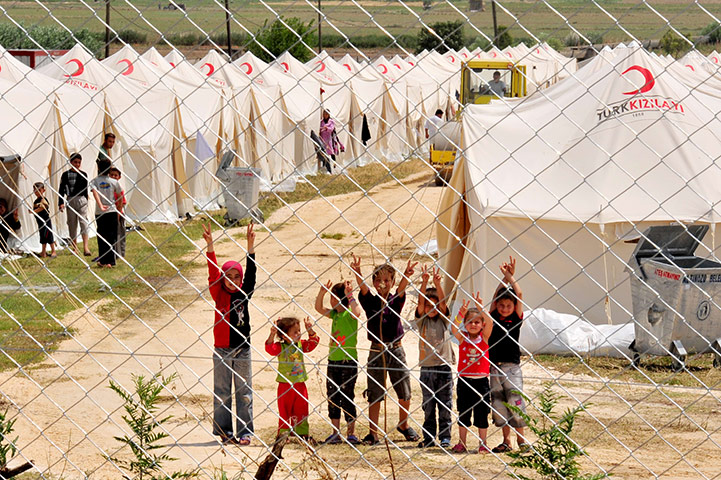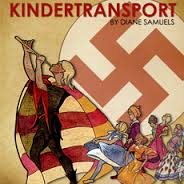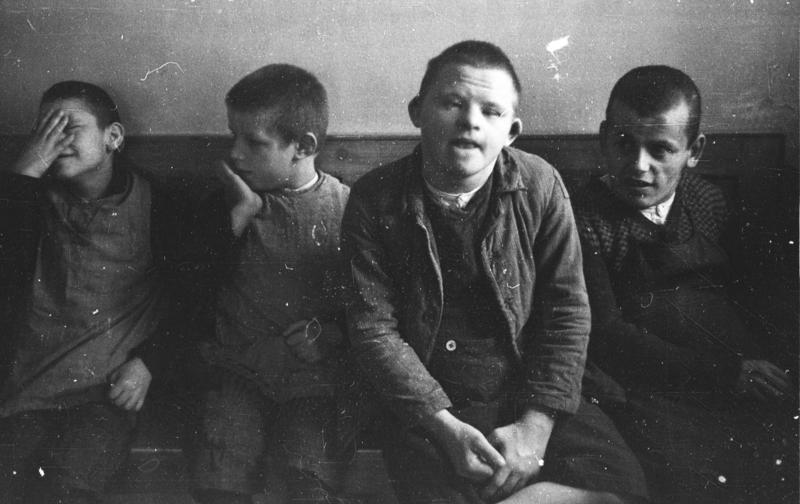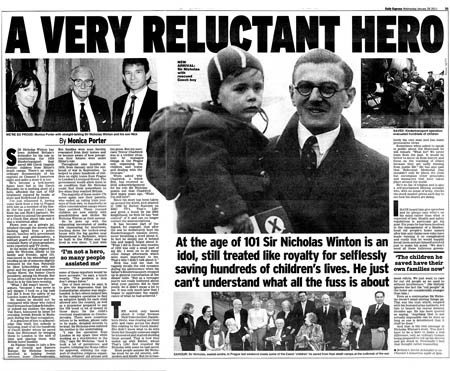On this anniversary of Kristallnacht – and Kinder-transport which followed- the plight of today’s unaccompanied refugee children was raised in Parliament.

Parliamentary debate on unaccompanied refugee children and the Dubs amendment
Lord Alton of Liverpool (CB) [V]
My Lords, it is a great pleasure to follow the right reverend Prelate the Bishop of Southwark. When we travel on the London Tube, there is a warning to “mind the gap”. In their contributions, the right reverend Prelate and the noble Lord, Lord Dubs, have said that there is potentially a gap in provision between Dublin III and whatever is brought forward for January of next year. It is right that we should mind that gap.
On 21 March 2016, by a margin of 306 votes to 204, your Lordships carried an amendment on unaccompanied child refugees. Four years later, the noble lord, Lord Dubs, valiantly keeps us focused on the plight of refugee children. Four years ago, the noble Lord asked me to be a signatory to what in shorthand became known as the Dubs amendment. I readily agreed. I said at that time that the repeated use of the argument about the so-called pull factors—some of which were mentioned earlier by the noble Baroness, Lady Neville-Rolfe—cannot, in the case of children, outweigh our duty to do all in our power to safeguard and save any child at risk. Not to do so would leave a lasting stain on our reputation.
In the four years since we first considered the Dubs amendment, we have seen shocking reports of children dying, abandoned, disappearing, trafficked or exploited during perilous journeys. The recent death of two little children in the English Channel, after their boat capsized, simply underlines yet again why it is crucial that we find these safe and legal routes, and long-term solutions that hit hard the criminal gangs that profiteer and exploit desperation, while tackling the root causes that create such phenomenal displacement.
In 2015, we were all deeply affected by the harrowing picture of a little Syrian toddler, washed up like so much flotsam and jetsam on a beach near Bodrum. The tragic deaths of a five year-old and an eight year-old in the English Channel starkly remind us that little has changed since then.
The Dubs amendment will not save the life of every child. Family reunions provided for in the Dublin III regulation are, at best, a safety net. But its absence after 31 December—the gap mentioned—could make a bad and tragic situation even worse.
Against this background, the House of Commons has once again returned this amendment to your Lordships House. I know that the Minister, the noble Baroness, Lady Williams of Trafford, believes that the plight of children should be a top-tier priority for the Government—in her remarks a few moments ago, she used the phrase “a fundamental tenet”. She is justifiably proud of the help we have given. Thanks to parliamentary pressure, the Government have been able to tell a better story today than might otherwise have been the case. Surely that shows the importance of parliamentary debates such as this. However, she must also accept that the talk and rhetoric from others of nets and water canon to disable or push back boats and of the use of oil rigs or remote islands to lock up migrants, and the absence of any international initiative—ideally led by the United Kingdom—to tackle the root causes, are deeply dispiriting.
According to the United Nations High Commissioner for Refugees, of the 79.5 million people around the world who have been forced to flee their homes, nearly 26 million are refugees. The UNHCR estimates that 40% are children and 68% come from just five countries. It cannot be beyond our wit—our collective genius—to drive this issue to the top of Governments’ agendas. Even if they do not accept that there are altruistic and humanitarian reasons to act, there are plenty of self-interested reasons why they should do so.
As the noble Baroness, Lady Williams, reminded us, today we commemorate the anniversary of Kristallnacht—the night of broken glass—which included the destruction of 267 synagogues. Eleanor Rathbone MP established the Parliamentary Committee on Refugees. Two years later, on 10 July 1940, in a six-hour debate, she intervened on no fewer than 20 occasions to insist that Britain had a duty of care to the refugees being hunted down by the Nazis. She said that a nation had an obligation to give succour to those fleeing persecution—in her words,
“not only in the interests of humanity and of the refugees, but in the interests of security itself”.—[Official Report, Commons, 10/7/1940; col. 1212.]
She said that discussions about asylum seekers and refugees
“always begin with an acknowledgement of the terrible nature of the problem and expressions of sympathy with the victims. Then comes a tribute to the work of the voluntary organisations. Then some account of the small leisurely steps taken by the Government. Next, a recital of the obstacles—fear of anti-semitism, or the jealousy of the unemployed, or of encouraging other nations to offload their Jews on to us”.
In 2020, nothing much has changed, and it is hard not to see the parallels.
The noble Lord, Lord Dubs, was one of the few rescued by Kindertransport, and his commendable determination for us to remain focused on the needs of refugee children was born in those shocking times.
The clock is ticking towards 31 December. The Government’s amendment legislates for a review on safe and legal routes in the new year, including specifically on family reunion. I welcome that, but, on 1 January, children will potentially have impaired access to family reunion, and many may be left stranded alone in Europe. The amendment from the noble Lord, Lord Dubs, adds a requirement that current family reunion laws are kept until the review and report are complete, so that no child loses out from accessing this vital safe and legal route.
Like the noble Lord, I am pleased by the spirt and tone of everything which the noble Baroness, Lady Williams, has said this afternoon. However, I would prefer to see this written in the Bill, and I will follow the noble Lord, Lord Dubs—metaphorically anyway—into the Lobby and vote to send this back to the Commons one final time if he does not believe that the Government’s assurances go far enough





